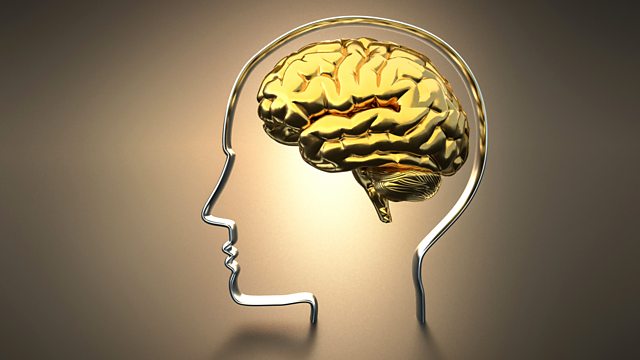
Episode 4
Martin Sixsmith presents a history of psychology and seeks to understand what makes us think, feel and act the way we do.
In the fourth week of the series Martin Sixsmith examines the impact of different areas of experimental psychology, beginning with the stages of human development from childhood to old age.
He looks at Piaget's and Bowlby's influential theories and considers early animal research, such as Konrad Lorenz's work with geese on imprinting and Harry Harlow's controversial experiments with baby monkeys. He investigates how our DNA and the development of our brain informs who we are and how we think. He re-examines the nature versus nurture debate from evolutionary psychology to the increasing interest in epigenetics. We hear from eminent psychologists and psychiatrists about consciousness, free will and morality. And we learn about memory, perception and problem solving.
Martin undergoes transmagnetic cranial stimulation to map the workings of his own brain. He considers the impact of neuroscience, listens to the chattering of neurons communicating with each other through a single wire implanted in a rat's brain and finds out why London cabbies have larger hippocampi than the rest of us.
Produced by Sara Parker.
A Falling Tree production for 大象传媒 Radio 4.
Last on
Broadcast
- Fri 16 May 2014 21:00大象传媒 Radio 4
